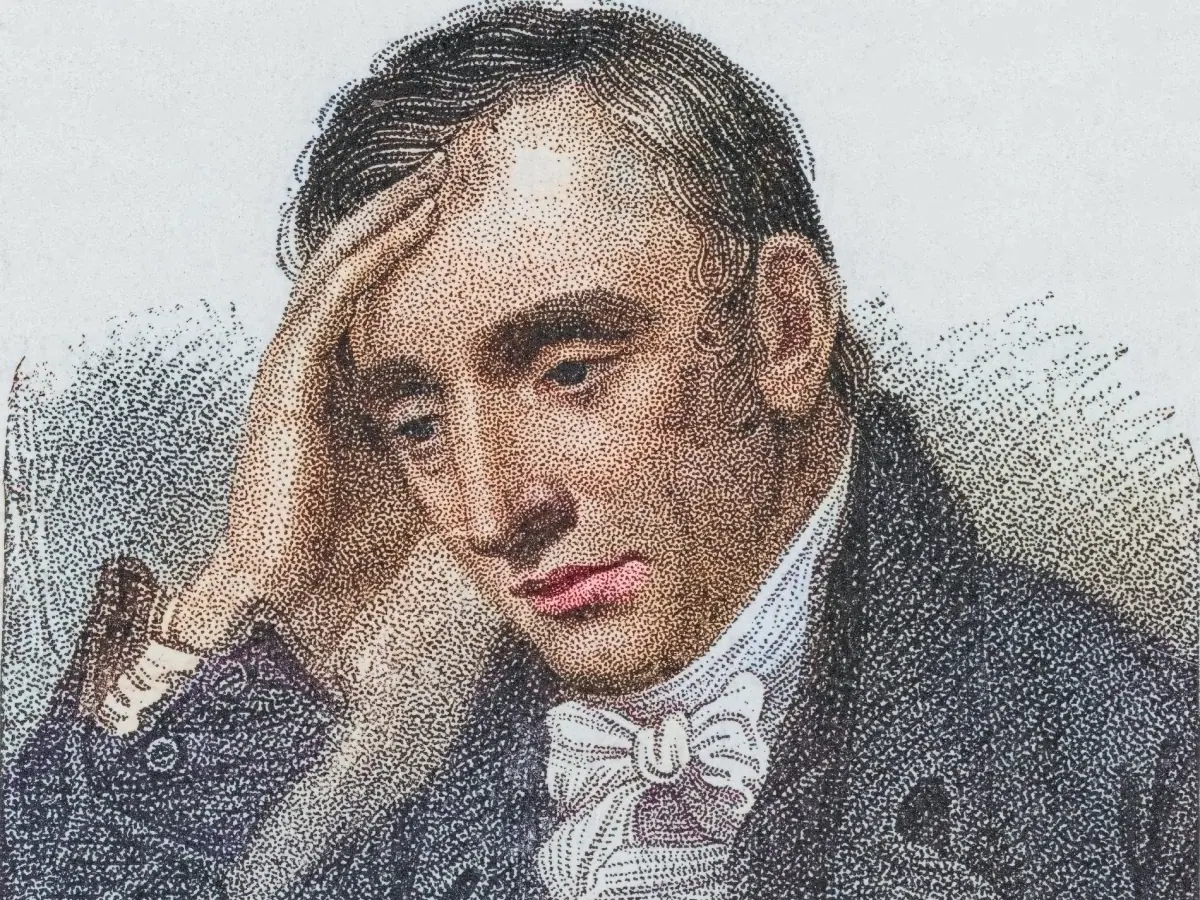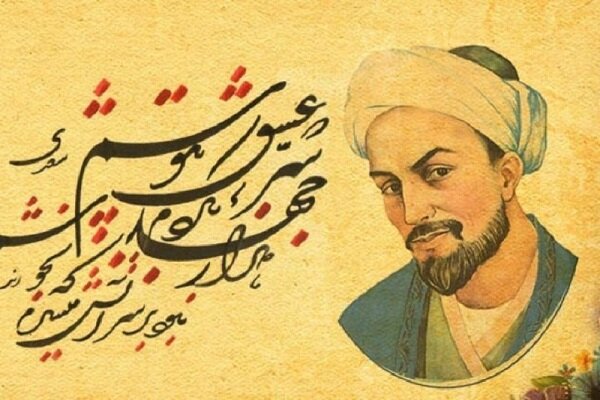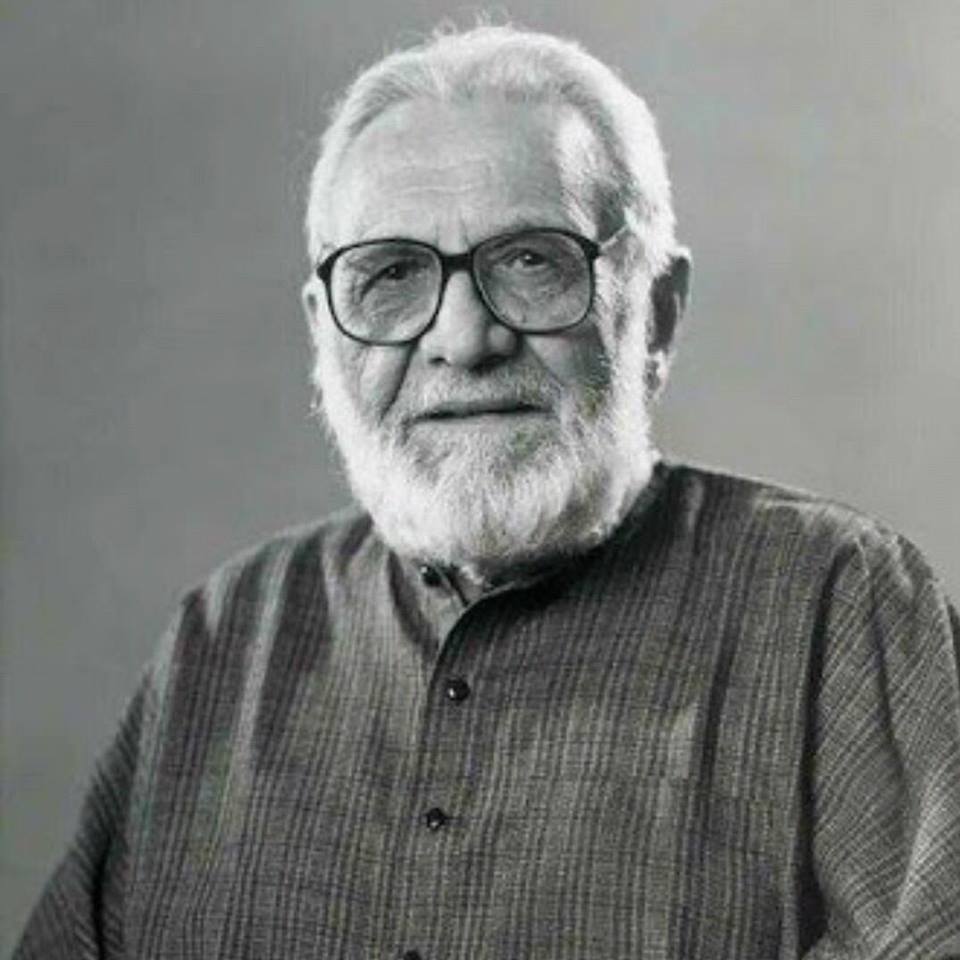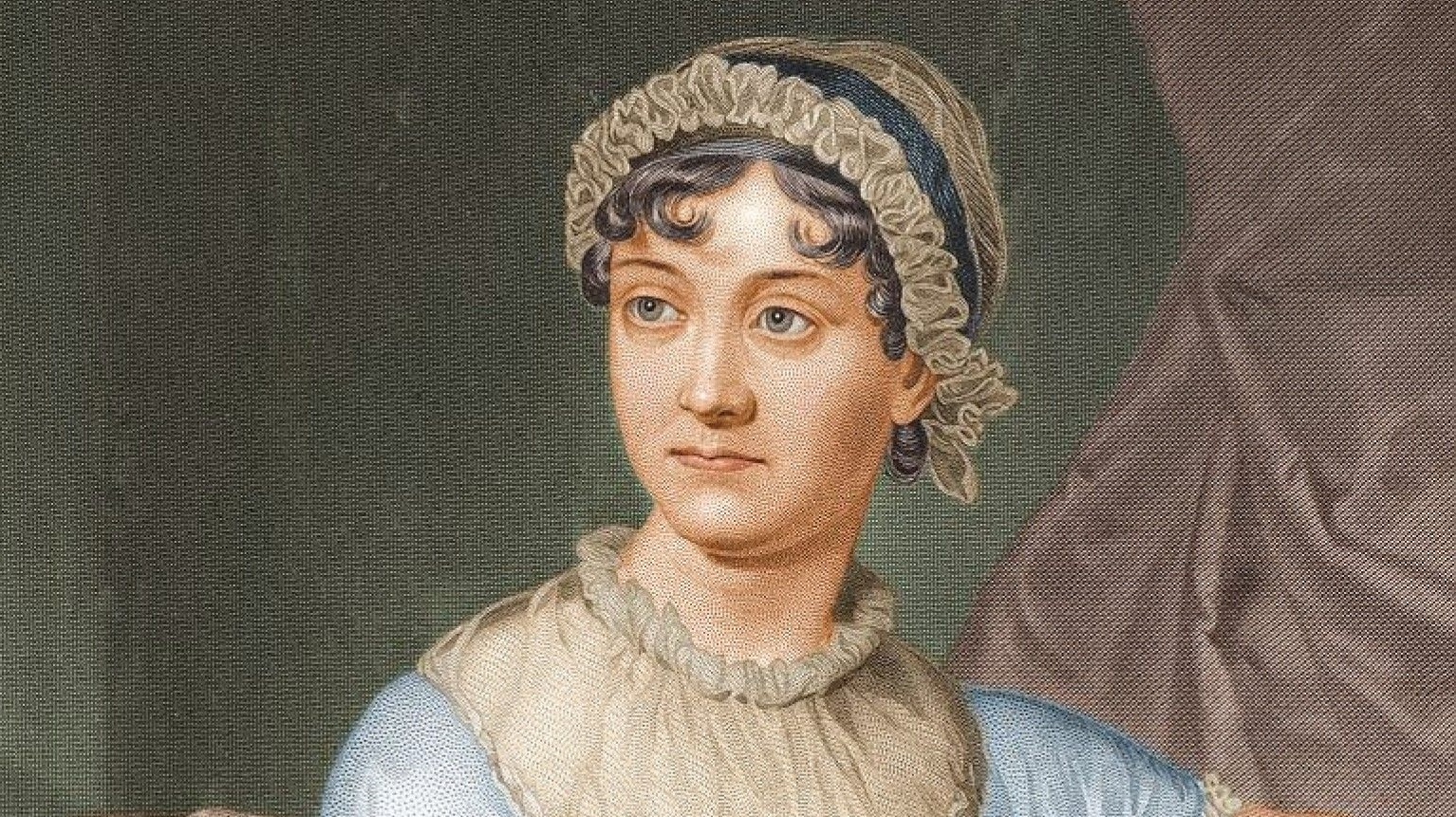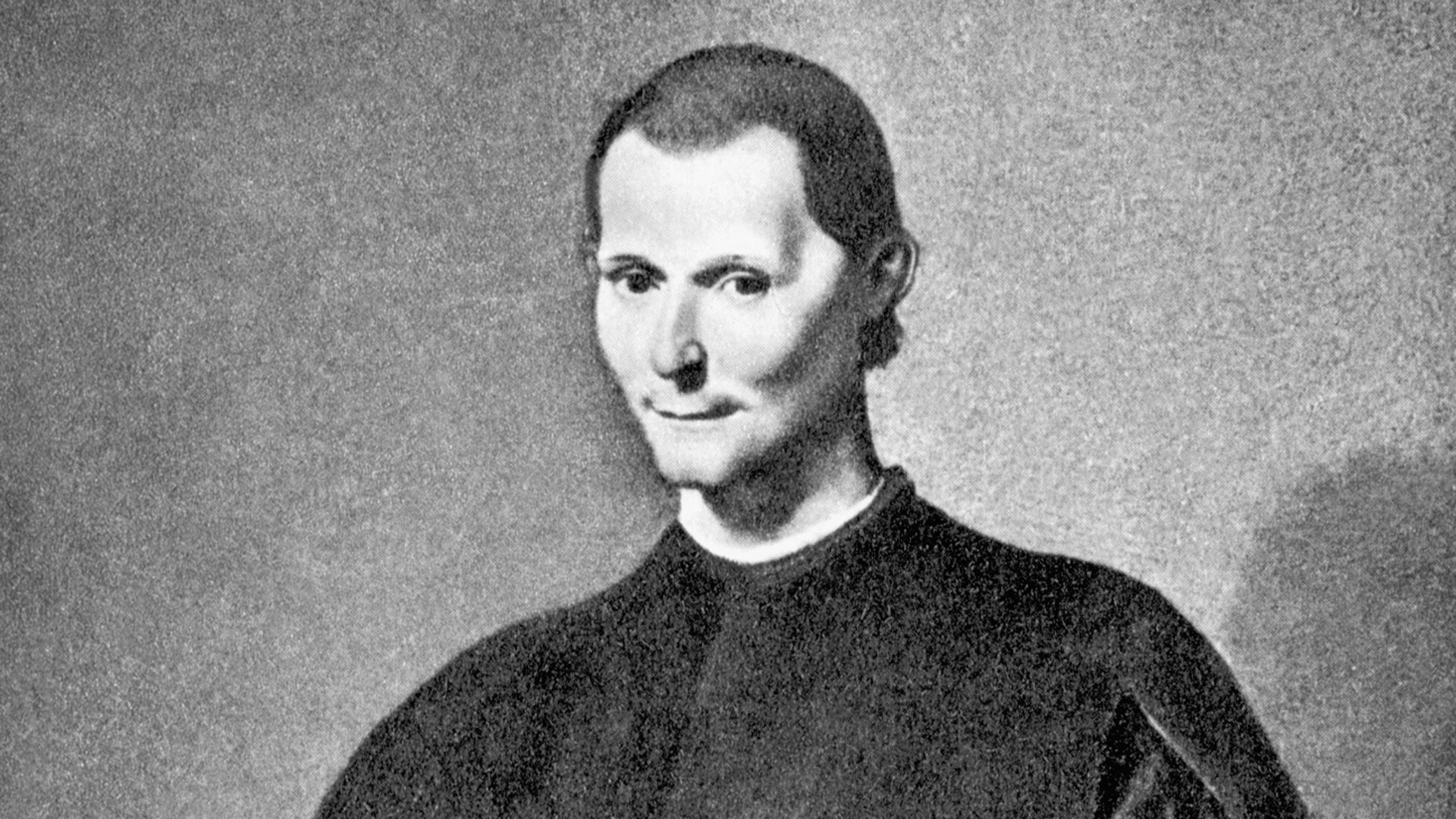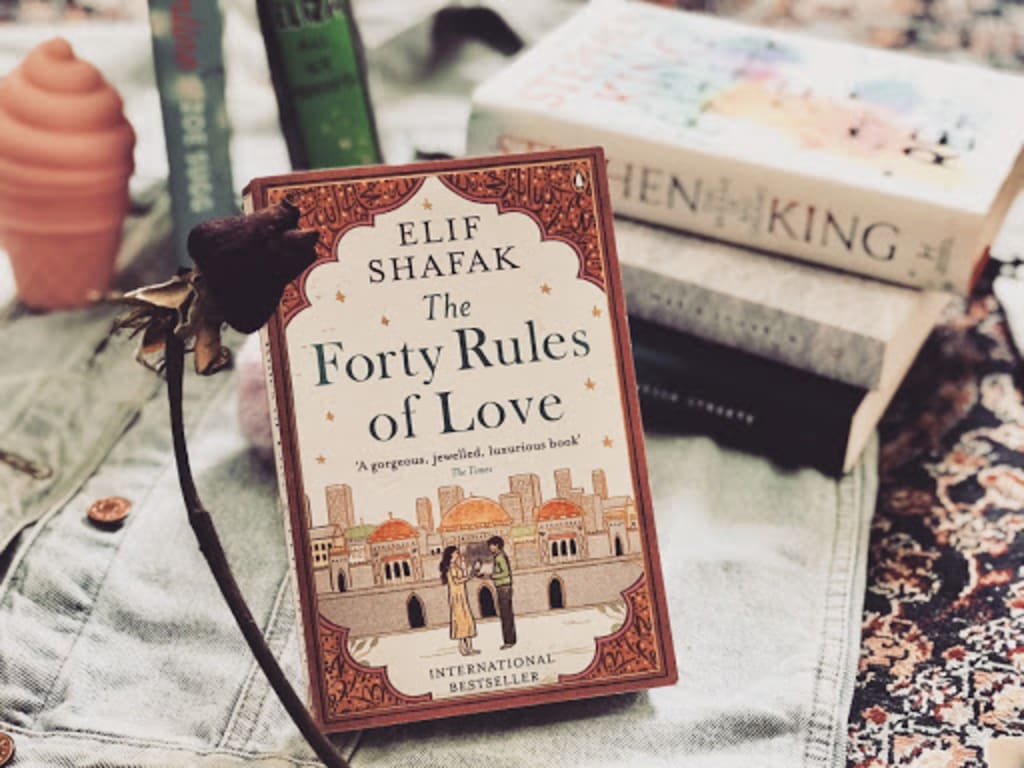Pareeshe Fatima
The art of poetry involves using language to evoke concentrated imaginative awareness of experiences or specific emotional responses. It is created by selecting and arranging words for their meaning, sound, and rhythm.
Poetry, a vast and ancient subject, has been a constant presence throughout history, woven into the fabric of religious contexts and societal evolution. This article endeavors to illuminate the general properties of poetry and poetic thought as independent modes of the mind. It delves into the challenge of defining poetry, the nuanced differences between poetry and prose, the concept of form in poetry, poetry as a mode of thought, and the very essence of poetry.
Poetry is a distinct way of using language and may have been the original form of communication. It is thought to have been associated with rituals in early agricultural societies and may have initially taken the form of magical spells recited to ensure a good harvest. However, as poetry evolved, its focus shifted from influencing the natural world to affecting the human spirit.
Formally, poetry stands out with its unique reliance on the line, a feature that sets it apart from prose. This dependence on the line not only alters its visual appearance on the page but also influences how it is read aloud. When people read poetry, they often adopt a different voice, possibly because, as Ben Jonson once remarked, poetry “speaketh somewhat above a mortal mouth.” The visual and auditory aspects of poetry are intertwined, contributing to its distinct identity.
Defining poetry is a quest that often leads to more questions than answers, as it can be a challenge to neatly categorize all instances. The French poet Paul Valéry likened prose to walking and poetry to dancing, drawing attention to the rhythmic and repetitive nature of poetry. American poet Robert Frost proposed that poetry is what remains after translation, underscoring the unique essence of poetry that transcends language.
The distinction between poetry and prose is not always clear-cut, as evident in exceptional cases such as the King James Version of the Bible, which exhibits poetic qualities despite being a translation. Readers recognize poetry by its appearance on the page and by the different tone and pace with which they engage with it, even in silence.








































